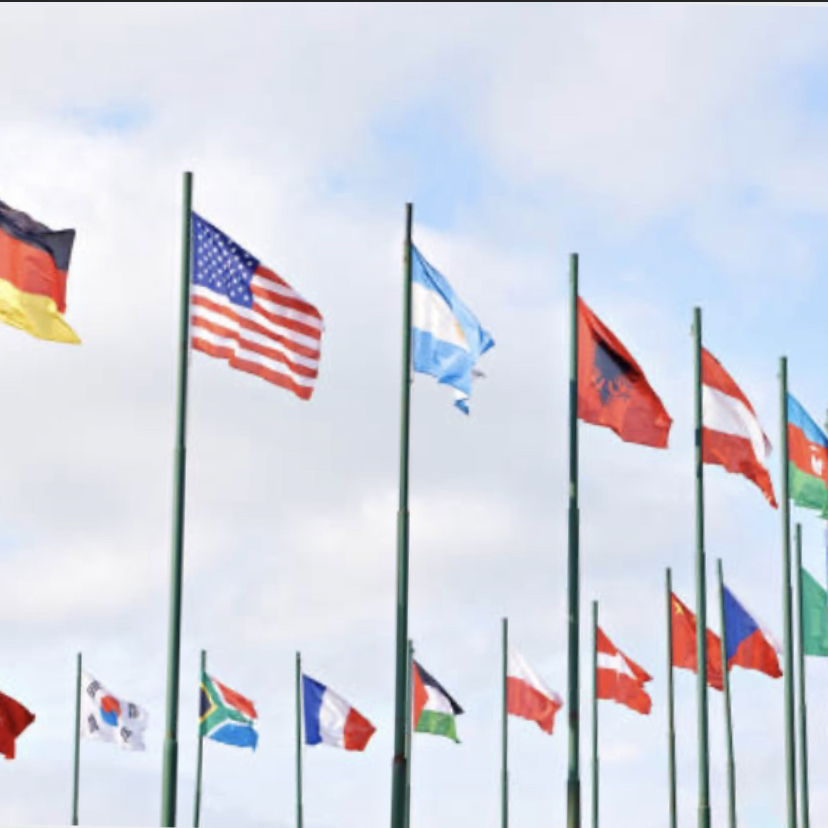Navigating the Complexity of Victimless Crimes


Introduction
The debate surrounding “victimless crimes” has been a subject of controversy for a long time, raising important questions about personal freedom, individual rights, and the government’s role in regulating behavior. This article examines the complexities of this discussion, exploring different viewpoints and the consequences of defining and prosecuting offenses that do not have a clear victim.
Defining Victimless Crimes
Victimless crimes involve consensual actions that are considered illegal for moral reasons but do not have an obvious victim. Examples include drug use, prostitution, gambling, and certain types of pornography. The absence of a clear victim challenges traditional legal frameworks and leads to debates about whether the state should regulate actions that may not directly harm others.
Individual Freedom vs. Societal Harm
The ongoing debate surrounding victimless crimes revolves around the tension between individual freedom and the potential harm to society. Advocates for decriminalization argue for personal autonomy and the right of consenting adults to engage in private activities while highlighting concerns about systemic discrimination in law enforcement. Critics, however, emphasize the negative externalities and broader societal implications that can arise from certain activities. Striking a balance between individual freedom and societal well-being is challenging, requiring a nuanced understanding of the consequences and considerations of personal and societal levels. This debate goes beyond legal and policy issues and delves into the moral fabric of society, questioning the boundaries of personal liberty and the role of the state. As societal values evolve, finding common ground will remain a central theme in the discussion, necessitating innovative approaches and collective introspection.
Social and Moral Concerns
The discussion about victimless crimes is heavily influenced by social and moral concerns that shape how communities function. These concerns encompass various aspects, including cultural norms, family structures, public health, gender dynamics, and the government’s role. Cultural norms and values are at the forefront of this debate, as victimless crimes challenge accepted expectations and raise questions about government regulation. Family structures are also a concern, with critics arguing that these actions can weaken families and communities, while supporters emphasize individual freedom. Public health is a critical consideration, as drug use and prostitution have implications for broader health challenges. Gender dynamics and exploitation are prominent in discussions about victimless crimes, especially prostitution. The role of the government in individuals’ lives is a key point of contention, with some advocating for limited intervention and others arguing for the promotion of moral standards. Public attitudes toward victimless crimes evolve, influencing legal frameworks and policies. In essence, the social and moral concerns surrounding victimless crimes are complex and go beyond legal considerations, requiring an understanding of cultural diversity, ethics, and changing societal attitudes.
Enforcement and Resources
Law enforcement agencies face multiple challenges when it comes to enforcing laws against victimless crimes. Critics argue that dedicating limited resources to policing and prosecuting individuals involved in victimless acts raises questions about the effectiveness and fairness of such efforts. The enforcement of laws against activities like drug use, prostitution, and gambling can divert resources away from addressing more serious crimes, leading to debates about the opportunity costs involved in pursuing consensual activities.
Due to limited resources, both financial and personnel, law enforcement must take a strategic approach to prioritizing their efforts. Critics question the societal benefits of investing significant resources in strictly enforcing laws against victimless crimes, particularly when these actions involve consenting adults engaging in consensual activities. This strain on the criminal justice system and the allocation of resources towards non-violent offenses have prompted calls for a reevaluation of law enforcement strategies in this context.
To address victimless crimes, a nuanced and innovative approach is necessary. Various potential solutions have been proposed to navigate this complex landscape:
Decriminalization and Regulation: Reclassifying certain victimless crimes as non-criminal offenses and implementing regulations to govern these activities. For example, treating drug addiction as a medical condition rather than a crime may lead to better outcomes for individuals and society.
Harm Reduction Programs: Implementing strategies to minimize the negative consequences associated with certain behaviors. For instance, providing clean needles and safe spaces for drug use aims to prevent the spread of diseases, while education and support programs can address issues related to gambling or prostitution.
Legalization with Restrictions: Legalizing certain behaviors but with strict regulations in cases where there is potential for exploitation or harm. For example, legalizing and regulating prostitution could ensure the safety and rights of sex workers while preventing human trafficking and exploitation.
Education and Public Awareness: Increasing public education and awareness campaigns to empower individuals to make informed decisions about their choices. Educating people about the risks and consequences of certain actions could contribute to responsible decision-making while respecting individual autonomy.
Community Support Programs: Investing in community-based support programs to address the underlying causes of victimless behaviors. Providing addiction treatment, mental health services, or job training to individuals at risk of engaging in these activities can offer alternatives to criminalization.
Diversion Programs: Providing alternatives such as counseling, education, or community service instead of criminal penalties. These programs aim to address underlying issues contributing to victimless behaviors and prevent individuals from entering the criminal justice system.
Ethical Regulation: Implementing regulations that strike a balance between personal freedom and community values in cases where moral concerns are important. This could involve allowing certain behaviors while imposing guidelines to mitigate potential negative consequences.
Public Dialogue and Legal Reform: Engaging in open and informed public discussions to lead to legal reforms that reflect changing societal attitudes and values. Reevaluating and updating laws to align with current perspectives can provide a more nuanced and effective approach to victimless crimes.
Focus on Targeting Harm: Shifting law enforcement resources towards activities that cause direct harm or have victims allows authorities to address more urgent issues while deprioritizing certain victimless actions.
International Cooperation: Collaborative efforts between countries to address challenges such as human trafficking and drug trade that involve victimless behaviors crossing borders. International cooperation can lead to more effective strategies for managing these global issues.
Conclusion
The ongoing debate on victimless crimes highlights the intricate dilemmas in defining, prosecuting, and regulating behaviors without obvious victims. Striking a balance between personal liberty, societal interests, and moral values remains a complex task for legal systems worldwide. As societal perspectives evolve, discussions about victimless crimes will continue, leading to reflections on the boundaries of personal freedom and the government’s responsibility to promote the common good.




